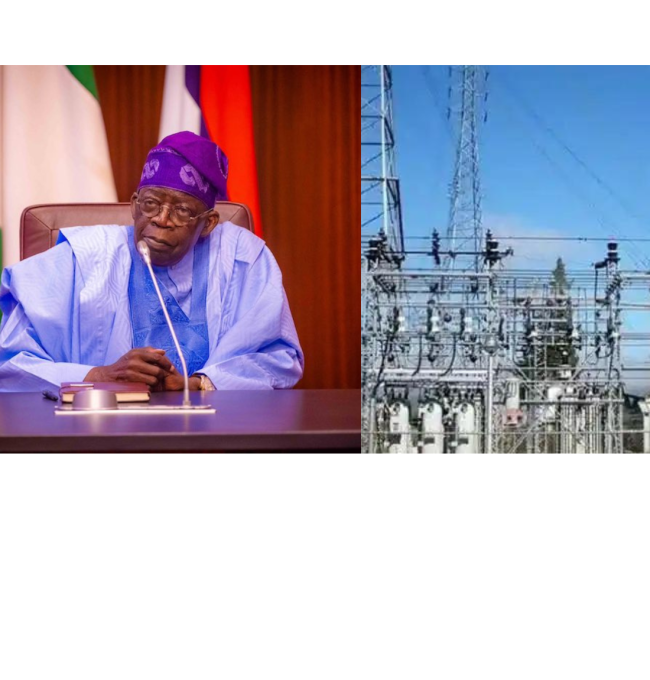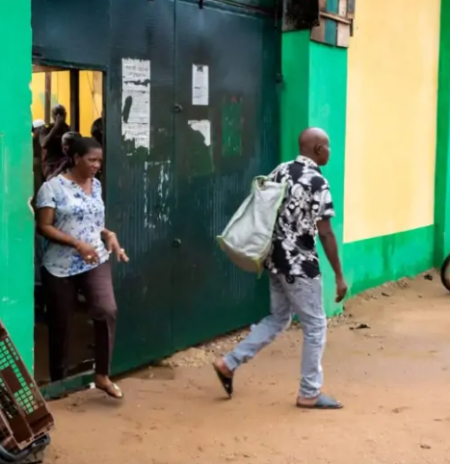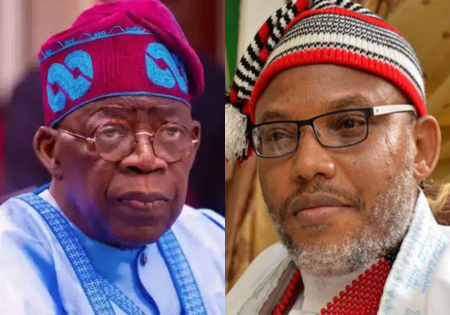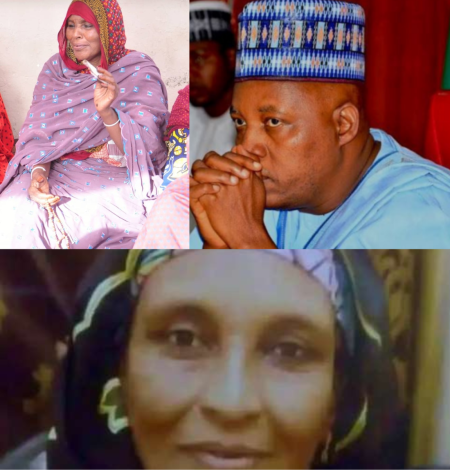The ruling All Progressives Congress (APC) deputy national organizing secretary, Nze Chidi Duru, has urged President Bola Tinubu’s administration to reverse the increase in electricity rates, labeling it as a step against the party’s objectives. According to Duru, the recent tariff rise could hurt the APC’s chances of winning elections because it will harm some consumers more than others.
There are unanticipated consequences to this position for the party and the administration. People are going through problems, so I implore the regulators to consult the Nigeria Communication Commission (NCC) for advice on how to handle comparable situations. “We cannot allow this policy to continue,” he issued a warning on Tuesday, April 9, in Abuja.
Duru underlined that Nigerians should not be financing further infrastructure, buying transformers, or providing electrical poles—those things should have been provided by the Distribution Companies (DISCOS) or Generating Companies (GENCOS).
Duru said as follows when asked if he thinks the government should give the concession agreement another look:
Yes, it has really come to that. The government ought to think about assuming control of the agencies, including DisCos and GenCos, if the conditions of the agreement it made with the operators are scrutinized and if there are good reasons to do so. None of them have performed to the extent required by the agreement.
Why must Nigerians still buy their own transformers and wires in order to essentially supply their own electricity? Why are they still using large amounts of fuel and turning to other power sources?
“There is a continued need for backup power, as seen by the rise in generator sales. Without much progress, the nation’s available kilowatts of power are still quite low, ranging from 2000 to 6000. Isn’t this a blatant sign of inadequate funding for the sector and a testament to the operators’ ignorance of the industry?”
“There are many reasons to think that their main goal is to cause troubles for the typical Nigerian, as demonstrated by this unambiguous hint.
It is unfortunate that this is happening at a time when the government is sincerely working to fight inflation and give Nigerians access to necessary services. However, a government organization has the authority to impose such exorbitant fees and taxes on the populace without providing a rationale or taking into account their unique situation.
“The essential checks and balances that ought to have been in place from the beginning have not been implemented by them. That such measures could ever be considered, let alone carried out, defies sense, Duru said.
“The regulators, including the Nigerian Electricity Regulatory Commission (NERC), would have been in charge if they had been doing their jobs well.
While those with little to no experience were given control over the power sector, our country’s assets were mishandled. They saw it only as a way to make money, frequently at the expense of the country and its people, rather than investing in the sector’s development. Tariff increases will continue indefinitely unless steps are taken to hold these individuals accountable.
“There has been little to no improvement more than 15 years following the concessioning. When one compares this to the telecom sector, where the government purposefully hired seasoned experts to oversee a variety of licenses, notable distinctions become apparent. Ernest Ndukwe led the Nigeria Communications Commission (NCC) in laying out a precise plan of action. Even though there were some upfront expenses (such buying SIM cards), the goal was to reach critical mass so that expenses would eventually go down. We saw a cost decrease even ahead of schedule, in keeping with this aim.”
“Do you remember the days when we used to pay N35,000 or more for SIM cards, only for them to appear out of nowhere free? That change happened as a result of the telecommunications industry receiving the necessary investments. This is in sharp contrast to the current state of affairs in the power sector, where the government is still subsidizing and has even been known to borrow up to N3 trillion with the help of the Central Bank of Nigeria (CBN).
“The location of enterprises or residents shouldn’t have an impact on costs in a privatized industry. One’s place of residence shouldn’t influence how much power they use.
“For example, I should be in Band C if I have a factory in Lugbe, Abuja, that produces 500 billion items. But even though I would be producing less, if I had my plant in Asokoro or Maitama, I would be charged N255 because of my location.”
“Nowhere else in the world has anything like this. The idea of dividing places into residential, commercial, and manufacturing categories is to make sure that people who use more electricity pay for it.
“There should be a shift that gives the public confidence that they are getting a steady power supply for at least 20 hours a day, even if we were to consider the prospect of such classification. This hasn’t happened, though.
“People are essentially footing the bill for inefficiencies and power outages since they were arbitrarily assigned to particular places. Ask Asokoro, for instance, about their power source. They probably don’t have electricity for twenty hours a day, but even so, N255 is a ridiculous price to pay. He bemoaned, “We have a regulator who seems to be complicit in the industry’s shortcomings, instead of demanding efficiency from them.”







